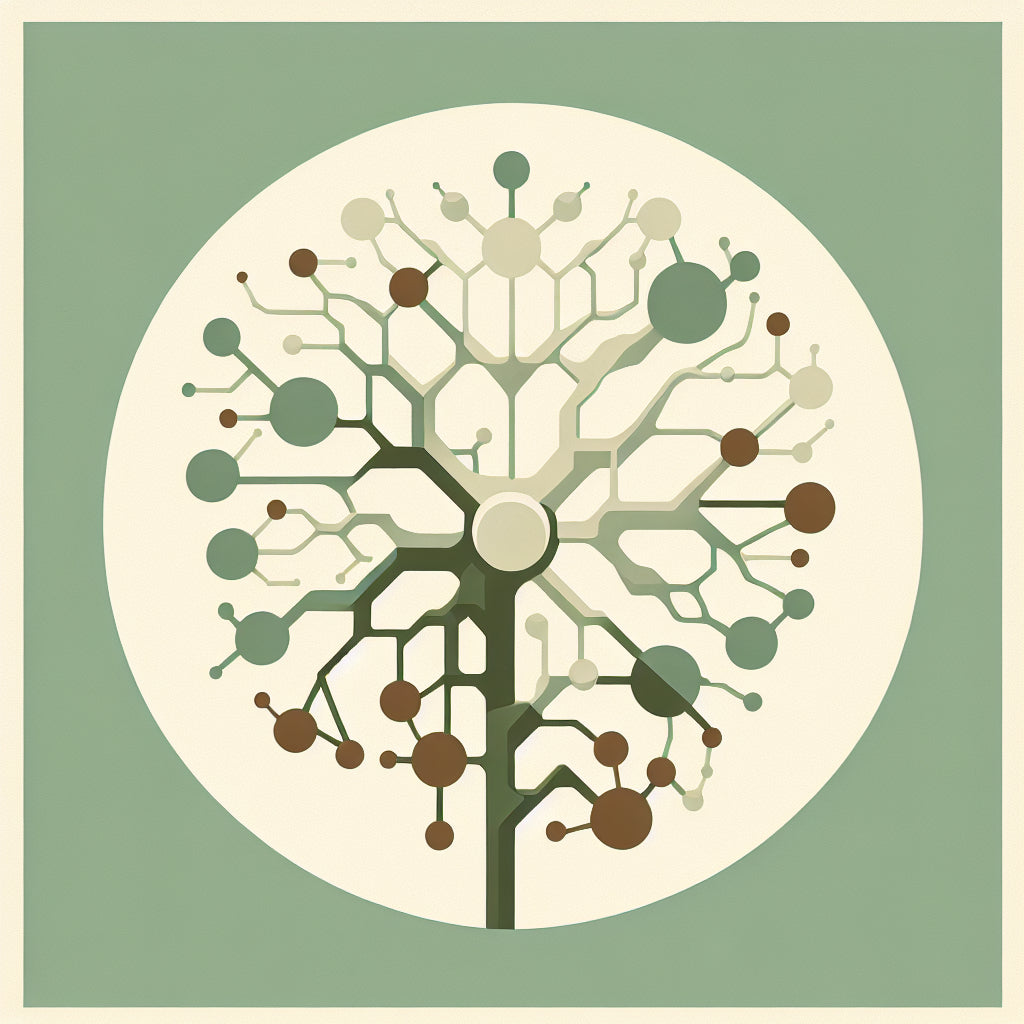
Exploring neuron regeneration through glial cells
Share
Introduction to neuron regeneration
Neurological disorders such as trauma, stroke, epilepsy, and various neurodegenerative diseases often result in the permanent loss of neurons, significantly impairing brain function. While current treatment options are limited, recent research has shown promising strategies in neuron regeneration through direct neuronal reprogramming.
Role of glial cells in neuronal reprogramming
In groundbreaking studies, researchers have successfully transformed glial cells—non-neuronal cells within the central nervous system—into functional neurons. This transformation is achieved through complex processes involving epigenetic modifications, a promising stride towards replacing lost neurons and restoring brain function.
Understanding epigenetic modifications
Epigenetic modifications play a crucial role in determining which genes are active in different cells at different times. Researchers have now demonstrated how these modifications are coordinated through a single transcription factor, leading to the successful reprogramming of glial cells into neurons.
Discovering key molecular mechanisms
The research teams have identified a novel protein, YingYang1, which is essential for the chromatin opening necessary for reprogramming. This discovery is vital for understanding and improving the reprogramming of glial cells to neurons, bringing us closer to therapeutic solutions for a range of neurological disorders.
Implications for long-term health
This research not only provides insights into the cellular mechanisms behind neuron regeneration but also opens up new avenues for treatments that could significantly enhance lifespan and healthspan in individuals suffering from neurological conditions.
Conclusion
The ability to reprogram glial cells into neurons through epigenetic modifications offers a new horizon in regenerative medicine and neuroscience. As research continues to unravel the complexities of these processes, the potential for developing effective treatments that can restore brain function and improve long-term health outcomes looks increasingly promising.